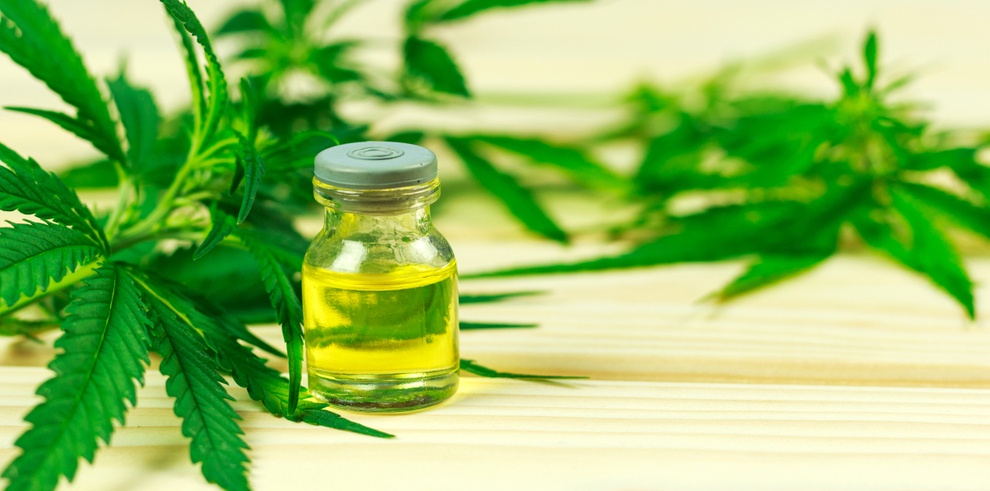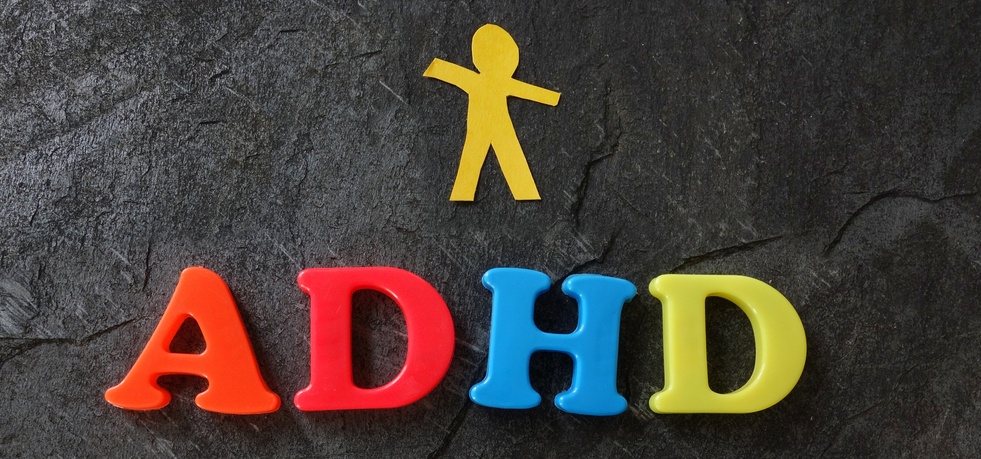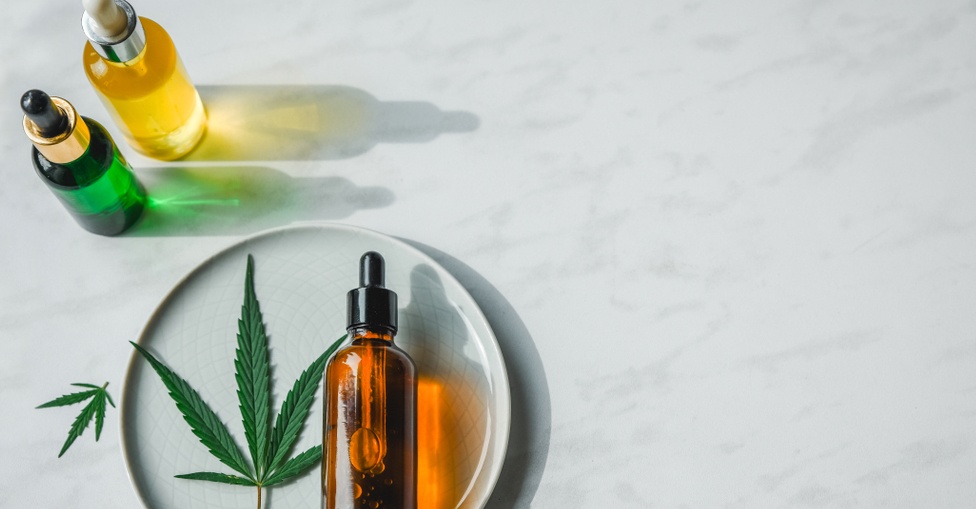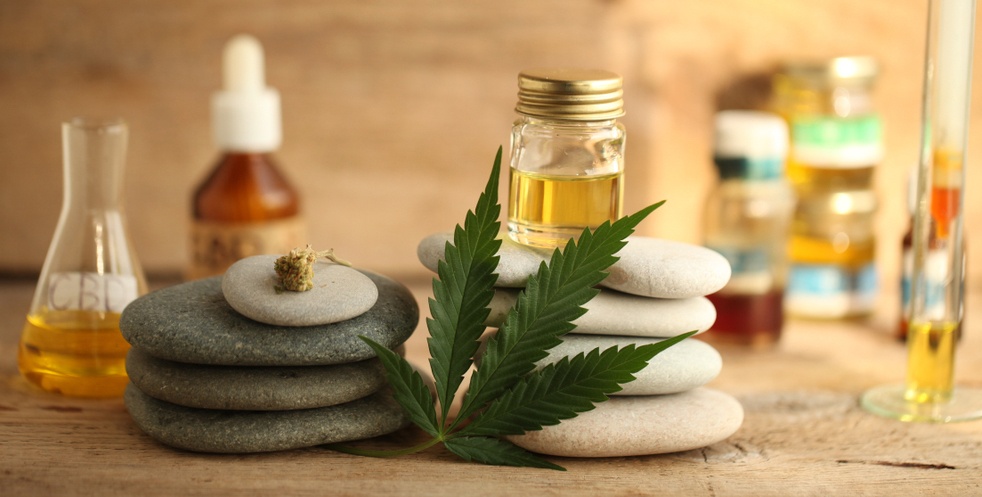![CBD Oil & ADHD: How It Works [Guide]](https://healthcareweekly.com/wp-content/uploads/2019/10/shutterstock_1378867853-3.jpg)
![CBD Oil & ADHD: How It Works [Guide]](https://healthcareweekly.com/wp-content/uploads/2019/10/shutterstock_1378867853-3.jpg)
![CBD Oil & ADHD: How It Works [Guide]](https://healthcareweekly.com/wp-content/uploads/2019/10/shutterstock_1378867853-3.jpg)
![CBD Oil & ADHD: How It Works [Guide]](https://healthcareweekly.com/wp-content/uploads/2019/10/shutterstock_1378867853-3.jpg)
Get new exclusive access to healthcare business reports & breaking news
![CBD Oil & ADHD: How It Works [Guide]](https://healthcareweekly.com/wp-content/uploads/2019/10/shutterstock_1378867853-3.jpg)
![CBD Oil & ADHD: How It Works [Guide]](https://healthcareweekly.com/wp-content/uploads/2019/10/shutterstock_1378867853-3.jpg)
![CBD Oil & ADHD: How It Works [Guide]](https://healthcareweekly.com/wp-content/uploads/2019/10/shutterstock_1378867853-3.jpg)
![CBD Oil & ADHD: How It Works [Guide]](https://healthcareweekly.com/wp-content/uploads/2019/10/shutterstock_1378867853-3.jpg)
CBD oil has fast become a treatment for several different ailments. While there has been a great deal of scientific research on many of these use cases, others are still yet to be tested and verified. However, with the amount of documentation supporting claims of health benefits to using CBD oil, it does bear taking a closer look.
CBD, or Cannabidiol, is produced by the cannabis plant. There are thousands of compounds that come from the cannabis plant and all of them are classified as cannabinoids. The best-known cannabinoid is THC which contains psychoactive ingredients that produce a high, which CBD does not contain.
In other words, you can get the same health benefits from CBD as you would from THC. However, the main difference between the two compounds is that THC will give you the feeling of being ‘high’ but CBD does not.
CBD oil is extracted from the hemp strain of the cannabis plant. CBD happens to be the second most abundant cannabinoid in hemp, representing a maximum of 40% of what is extracted from the plant. THC is the most abundant compound found in the hemp plant.
As both THC and CBD are so closely related, and have several of the same properties, there has been a lot of confusion demarcating the two. Many individuals are hesitant to try using CBD oil as they believe it can produce the side effects that are commonly associated with THC. This is not true and is the main source of the confusion between the compounds.


Although the human body produces certain cannabinoids naturally, the CB1 and CB2 receptors respond to additional cannabinoids. Most of the CB1 receptors are located in the brain and are crucial in supporting such functions as movement, pain, emotions, appetite, and mood.
The CB2 receptors are typically located within your immune system. Their primary function is the regulation of inflammation and pain. Research has shown that the use of CBD oil will trigger the body to utilize a higher volume of the naturally produced cannabinoids.
ADHD (Attention-Deficit/Hyperactivity Disorder) is defined by the National Institute of Mental Health (NIH) as a brain disorder marked by an ongoing pattern of inattention and/or hyperactivity/impulsivity that interferes with functioning or development. ADHD is typically diagnosed in childhood and shows up as a combination of different behaviors.
The NIH states that there are just two primary treatments traditionally used in dealing with individuals who have been diagnosed as having ADHD. There are stimulant medications and non-stimulant treatments. The effects of these treatments are further explained below:
Dopamine and norepinephrine – two chemicals found in the brain – are increased through the use of prescription medications. By increasing the volume of these chemicals, cognitive functions such as thinking and focusing are better regulated.
The medications used provide an instant release of stimulants that typically work between one and four hours and sometimes up to eight or nine hours. However, the timing of treatment is crucial in order to fit within the child’s school and sleep schedule. This is because as the medication wears off, there are side effects such as insomnia and jitteriness.
There are several different stimulant medications used to treat ADHD and the commonly used ones include Ritalin, Dexedrine, and Adderall. Strattera may also be prescribed but it is for regulating mood swings as it is not a stimulant.
This form of treatment focuses on parents with behavior management skills that result in reduced stress and offer the child structure. It has been successful in assisting children with ADHD in improving certain targeted tasks such as completing homework or household chores. However, it has little success in treating symptoms including impulsivity, hyperactivity or inattention.
The behavior management skills are based on different types of responses to correct behavior. Examples include positive attention when the correct behavior occurs and a point system awarded for correct behavior.
Check out our previous article titled: Akili has new funds to continue developing its ADHD therapeutic video-game


The brain chemical dopamine is a neurotransmitter that is largely responsible for your memory, mental awareness and focus. When you have difficulty concentrating on something, it usually indicates that there is a reduction in the amount of dopamine in your system. CBD interacts with dopamine receptors which stimulate them to regulate dopamine levels.
It is fair to say that if a low level of dopamine in the brain will result in a lack of focus and concentration, it only makes sense that an increase in the amount of dopamine would remedy the situation. CBD oil assists in improving both focus and mental alertness by triggering a reaction from the dopamine receptors. The receptors regulate dopamine and introduce more through stimulation.
There has been some research conducted on the effects of CBD oil on treating ADHD.
The results are less than promising which indicates that CBD oil is NOT generally considered an effective treatment. However, there are several anecdotal reports that have come from individuals who have used CBD oil to help them control some of the symptoms of ADHD.
The most common symptom that CBD oil has been used in relation to ADHD is the restlessness that comes from hyperactivity. A study conducted in 2017 on adults using cannabis resulted in little improvement in brain function and symptom reduction. However, a slight improvement was noted in markers of hyperactivity and impulsivity.
Another ADHD symptom that has seen some CBD oil treatment is anxiety. There is actually some evidence that shows that CBD may be an effective method of treatment for anxiety. A case study conducted in 2016 is responsible for this fairly recent finding.
The researchers who performed the work concluded that there was enough positive response to CBD oil to state that it may be useful. Their findings pointed to CBD oil assisting children only with anxiety and various sleep disorders related to stress.
As a side note, a study in 2013 focused on the effects of cannabis use and the symptoms of ADHD. Individuals with subtypes of ADHD that happen to include the hyperactivity and impulsivity symptoms were determined to be more likely to turn to cannabis to treat their symptoms than those who have the inattentive ADHD subtypes.
Regardless of these findings, there is a need for further conclusive research to be conducted before the medical community is going to state that CBD oil is an effective treatment for ADHD. However, individual results do vary and there is enough evidence to warrant at least trying it to see if there are improvements in dealing with the symptoms of ADHD.


As stated above, the findings are far from conclusive but there have been limited positive results on the effect of CBD oil as a treatment for those individuals who have ADHD.
However, there have been results that keep pointing towards the possibility of further advancement in the use of CBD as a treatment for ADHD.
A small study was conducted where thirty people with ADHD received a trial medication that contained a mixture of cannabinoid/CBD. Each participant was measured with standardized tests to determine symptom levels and IQ performance. The results may have been skewed due to participants not following instructions and avoiding other medications or alcohol.
Regardless, the researchers noted that when it came to cognitive function and symptom reduction, there was insignificant improvement. What they did discover was that there was a nominal improvement in impulsivity and hyperactivity.
Another study looked at the impact of ADHD and cannabis use in young adults. It focused on the cognitive function of young adults who had been using cannabis before the age of sixteen and included young people diagnosed with ADHD. Researchers discovered that the participants scored poorly throughout the study.
They were tested on working memory, verbal memory, decision making, and recall skills. The participants made mistakes when they were asked to complete questions or tasks. The results made researchers claim that cannabis use at an early age may lead to neuropsychological disorders while the brain is still developing.
And finally, one more study examined the adverse health effects of marijuana use. Although CBD and marijuana are very different, they do share a number of the same potential health benefits. The THC contained in marijuana proved to decrease cognitive abilities and contributed to mental health disorders and substance abuse.
The jury is still out on whether or not CBD oil can assist in easing the symptoms of ADHD. However, CBD does have established benefits when used to treat certain mental health conditions.
Researchers continue to work towards a better understanding of the actual effects of CBD on neurological and behavioral conditions.
That being said, there have been independent reports pointing to different ways in which CBD oil has provided at least some positive results in children.
An example comes from an online poll conducted in 2015 on Facebook that involved the use of CBD oil in children who have epilepsy.
A total of 117 parents responded and indicated that they were able to safely administer CBD to their children. The results were quite interesting. The parents reported that regular CBD use their children experienced improvements in sleep, alertness as well as in mood.
Another report, this one dating back to 2013, was aimed at parents in California who were asked to give CBD oil to their children to specifically treat epilepsy. A handful of parents responded to the poll stating that they did administer CBD oil to their children. All they reported were side effects which included fatigue and drowsiness.
Essentially, the majority of the use of CBD oil in children has been centered around those young people who have epilepsy. The results are still far from conclusive but do have enough promise to indicate that CBD oil can be beneficial in some way to children. If it assists in regulating epilepsy conditions, it would be fair to say that there is a possibility that CBD may help with ADHD symptoms as well.


Although CBD is promoted as being an all-natural product extracted from the hemp plant, individuals who have used it to treat different health conditions have experienced a vast range of reactions and side effects. Some of them are more common than others.
The common side effects are mostly related to digestive issues. These may include stomach upset or possibly nausea. Others have reported experiencing headaches, or drowsiness which may be related to higher doses of CBD being administered into the body.
These particular side effects tend to ease over time as the body adjusts to the product. Those individuals who administer CBD with inhalation means such as vaping or smoking tend to experience different side effects. They may be in the form of coughing and throat or lung irritation.
Again, there are many variables to consider. Some doctors will recommend CBD oil for children to treat epilepsy symptoms but will normally not do this if the child suffers from ADHD. The main reason for this is that although there has been some evidence to show slight improvements in symptom control, it has been proven so far to be marginal.
Also, children with ADHD have a higher risk of developing substance abuse. Although studies have shown this in relation to marijuana use, there has been little evidence that CBD would contribute to this increased risk. However, until proven otherwise, the medical community prefers to err on the side of caution.


CBD oil comes in many different forms which makes administering it rather easy depending on personal choice and lifestyle. The oil is available in small bottles with a built-in dropper and is best ingested by placing a number of drops under the tongue.
For individuals who do not like the flavor or texture of oil in drop form can find it also infused in gummies and other food items. The drops can also be used in various home recipes ranging from soups to baking and almost anything in-between.
CBD oil is available in capsule form and this seems to be an easy format for many people to use. It can also be infused with a flavoring to be vaped or smoked. A special vape pen is required to inhale the steam that is produced that contains CBD oil in it.
As for what is considered a safe dosage, there is no set guideline for this. As a result, not knowing what size or amount of CBD to ingest is enough to cause many potential users of the product to shy away from it. Many CBD product producers claim that as it is all-natural, there is no way one could take too much of it.
While this may be true, as noted above, some individuals still suffer from side effects when taking any format of CBD or CBD oil. The typical dosage is recommended by the producers of the product as “start small and work your way up until you notice improvements of any kind.” Clearly, this type of direction is too vague for many who may turn to CBD oil as a treatment alternative.
A 2017 review in the Cannabis and Cannabinoid Research does indicate that an adult can easily tolerate doses of up to 1,500 milligrams of CBD per day. As for children, there is no suggested dosage but it will most certainly be significantly less than that.
As is the case with any kind of alternative treatment, should you choose to use CBD oil to treat ADHD in either a child or an adult, you should take a few precautions before beginning any kind of treatment program. The first place you should do is to consult your family doctor.
Although your family doctor or medical professional may not support your decision, it is important to discuss your proposed treatment plan. Your doctor will be able to give you some information related to possible side effects and interactions related to the specific medications or health conditions of the individual planning on using CBD.
Although CBD oil is promoted as being all-natural, you will need to do some additional homework on your own to learn about the various formats CBD oil is available in. You will also benefit from learning more about the terminology used in relation to CBD. Read up on what it is and how it differs from THC and marijuana.
The more you know about CBD oil, the possible side effects and potential benefits for children and individuals who have been diagnosed with ADHD, the better prepared you will be in dealing with situations that may occur. Having a firm grasp of knowledge related to CBD oil and the impact it can have on ADHD will allow you to make better, well-informed decisions on the topic.
There is a lot of interest in CBD oil and the many ways it can be used to treat various health conditions. There is a fair amount of research to verify that it has been effective in treating the symptoms of epilepsy in children. However, not very much in the way of conclusive evidence exists on the benefits of CBD oil in treating ADHD.
What has been recorded is a marginal improvement in some study examples. Depending on where you sit on the entire matter of CBD and what it can and cannot do, you may see slight evidence as being enough proof to chance using it in treating your child with ADHD. There is nothing wrong with that, but you should also be aware of possible side effects.
The fact remains that CBD interacts with the endocannabinoid system that is in each and every human body. The CB1 and CB2 receptors are stimulated by cannibidiol (CBD). The endocannabinoid system is responsible for regulating every bodily function we have.
It only makes sense that when the body’s natural CBD is low, there will be issues with some of our bodily functions, including cognitive and emotional. By introducing CBD into the body in oil form, or any other form, you are essentially ‘topping up’ the supply of CBD in your body. When you do this, it should bring bodily functions that are not operating correctly back to their full function.
It is this theory that has led to the belief that CBD oil can possibly be an effective treatment for ADHD. Until further, extensive studies are conducted, the data that currently exists is all we have to go on. While it is far from extensive, it does show that there is a possibility that CBD can be an all-natural method of treating ADHD.
For parents and caregivers of individuals who have been diagnosed with ADHD, this at least gives them a glimmer of hope that although there is no cure, something does exist that may at least assist in dealing with the symptoms of inattention, hyperactivity and impulsivity. CBD does sound like a possibility that could improve the quality of life for both ADHD suffers and the people around them.